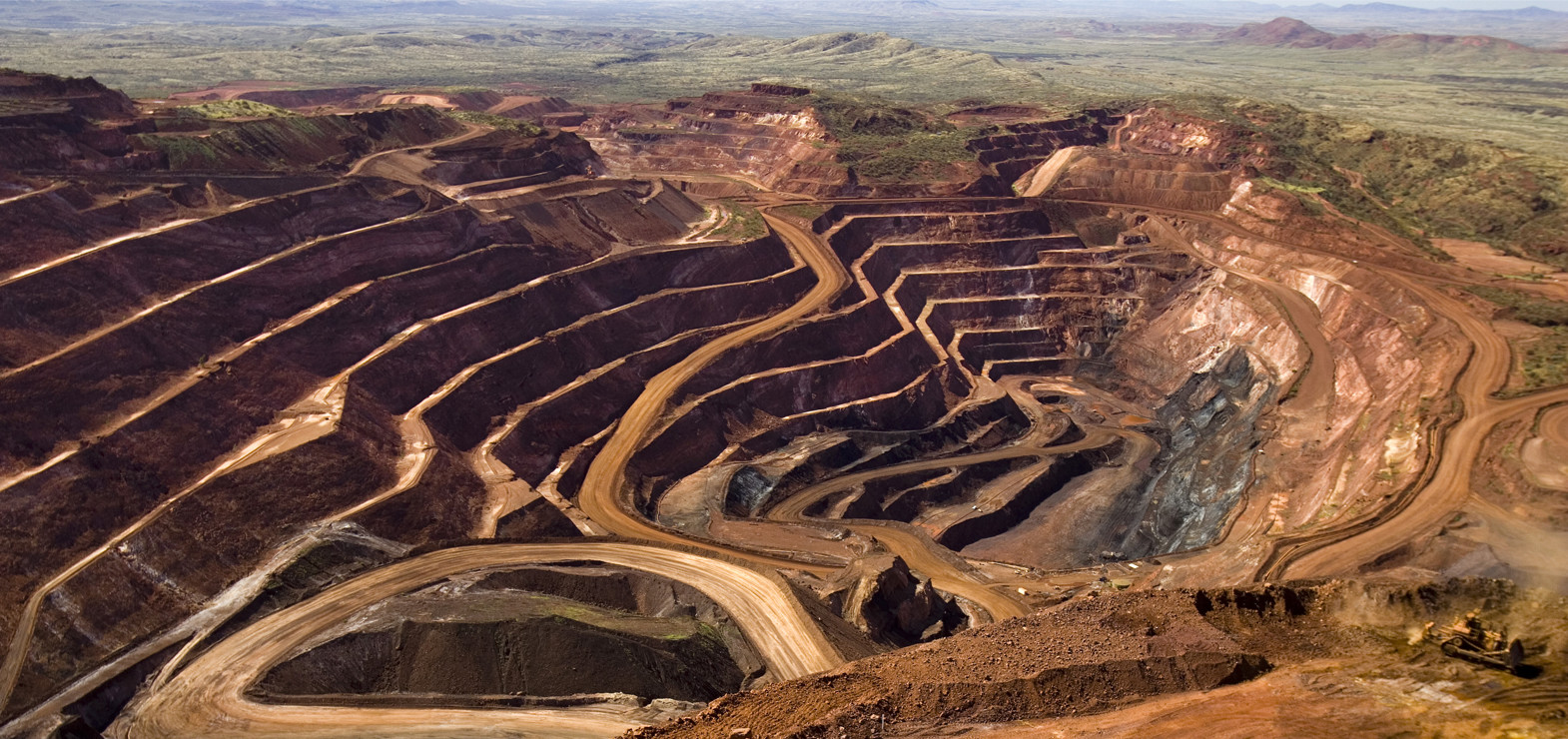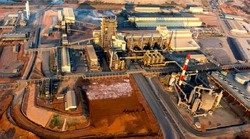
Argentina’s President-elect Fernandez a boon for miners, despite expected protectionism


With more than 98% of polls counted, Alberto Fernández (60) had a 48.1% of votes on Sunday night compared to 40.4% for Macri, which was thought to be a safer bet for miners due to his market-friendly policies.
In 2017, Macri unveiled a federal mining agreement, an initiative to standardize regulations and taxation of the industry across the country’s 23 provinces.
But two provinces refused to sign on (Chubut and La Pampa), and it is now uncertain whether the proposed agreement will receive the necessary approval from all provincial legislatures to become legally binding.
Fernández’ victory is not necessarily a return to Argentina’s recent past, some analysts say.
Although he is a Peronist, a political movement that has come to represent the working class, and worked as cabinet chief for both Cristina Fernández and her husband and predecessor Nestor Kirchner, that does not mean he will govern just as they did, Michael Shifter, the head of the Inter-American Dialogue, a Washington-based think tank, told The Independent.
$29bn opportunity
During his campaign, Fernández met with representatives from 24 mining companies with projects in the country and told them he considered mining an opportunity, rather than a problem.
He also promised to revisit the country’s controversial glacier protection law, and said that his technical team — led by economist Guillermo Nielsen — is working on a regime to guarantee clear rules for 10 years within the natural resources sector.
Argentina has reserves of lithium, copper, gold and silver, but the country has not seen a significant new mining project since 1997, when work started on Glencore’s Alumbrera gold and copper mine.
Fernández has vowed to revisit the country’s controversial glacier protection law
According to the Argentine Chamber of Mines, the country’s current pipeline of mine projects is worth almost $29 billion, some of them already in progress.
In March, Yamana Gold, Goldcorp and Glencore revealed they were studying a plan to jointly develop the Agua Rica gold and copper project in the country’s northwest.
Canada’s First Quantum Minerals is also mulling a $3 billion investment in Taca Taca, another gold and copper project in Salta province.
Barrick Gold, in turn, is considering shifting ownership of the Lama property at the Pascua-Lama project in Chile to nearby Veladero in Argentina. The planned mine at Pascua Lama has been delayed by legal and environmental disputes over Barrick’s initial plans to operate an open-pit mine at the site.
The lithium card
Fernández’s economic agenda includes a 10-year growth plan for the mining industry, led by the lithium sector.
Argentina has three lithium projects consolidated and in production — NRG Metals’ Hombre Muerto and Lithium Americas’ Cauchari-Olaroz in Catamarca province, and Orocobre’s Olaroz in Jujuy. A further 23 exploration projects are advancing to production.
Argentina is the world’s third biggest lithium producer, with 25% of the world’s reserves.
According to a report by the Inter-American Development Bank (IDB), the country has 13% of the global lithium reserves, while annual production currently stands at 30,400 tonnes.
The South American nation is the world’s third biggest lithium producer, hosting 25% of the resources in the so-called lithium triangle (Chile, Bolivia and Argentina).
Argentina is facing an economic crisis, with the central bank recently hiking interest rates to ease inflation and save the Argentinean peso, the worst-performing currency in emerging markets.


Gold price edges up as market awaits Fed minutes, Powell speech

Glencore trader who led ill-fated battery recycling push to exit

Emirates Global Aluminium unit to exit Guinea after mine seized

Iron ore price dips on China blast furnace cuts, US trade restrictions

Roshel, Swebor partner to produce ballistic-grade steel in Canada

US hikes steel, aluminum tariffs on imported wind turbines, cranes, railcars

EverMetal launches US-based critical metals recycling platform

Afghanistan says China seeks its participation in Belt and Road Initiative

Trump weighs using $2 billion in CHIPS Act funding for critical minerals

Energy Fuels soars on Vulcan Elements partnership

Northern Dynasty sticks to proposal in battle to lift Pebble mine veto

Giustra-backed mining firm teams up with informal miners in Colombia

Critical Metals signs agreement to supply rare earth to US government-funded facility

China extends rare earth controls to imported material

Galan Lithium proceeds with $13M financing for Argentina project

Silver price touches $39 as market weighs rate cut outlook

First Quantum drops plan to sell stakes in Zambia copper mines

Ivanhoe advances Kamoa dewatering plan, plans forecasts

Texas factory gives Chinese copper firm an edge in tariff war

Energy Fuels soars on Vulcan Elements partnership

Northern Dynasty sticks to proposal in battle to lift Pebble mine veto

Giustra-backed mining firm teams up with informal miners in Colombia

Critical Metals signs agreement to supply rare earth to US government-funded facility

China extends rare earth controls to imported material

Galan Lithium proceeds with $13M financing for Argentina project

Silver price touches $39 as market weighs rate cut outlook

First Quantum drops plan to sell stakes in Zambia copper mines

Ivanhoe advances Kamoa dewatering plan, plans forecasts


















